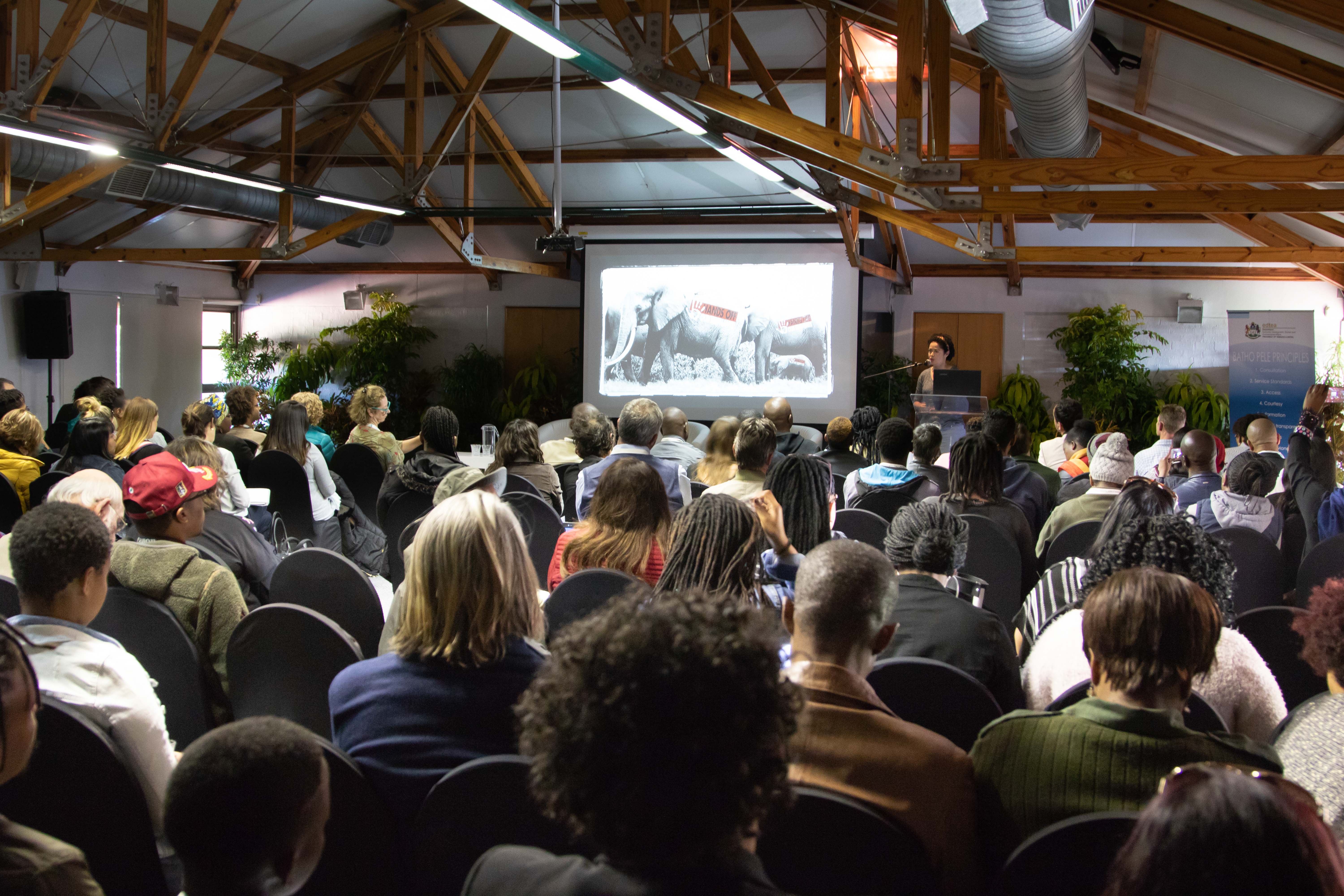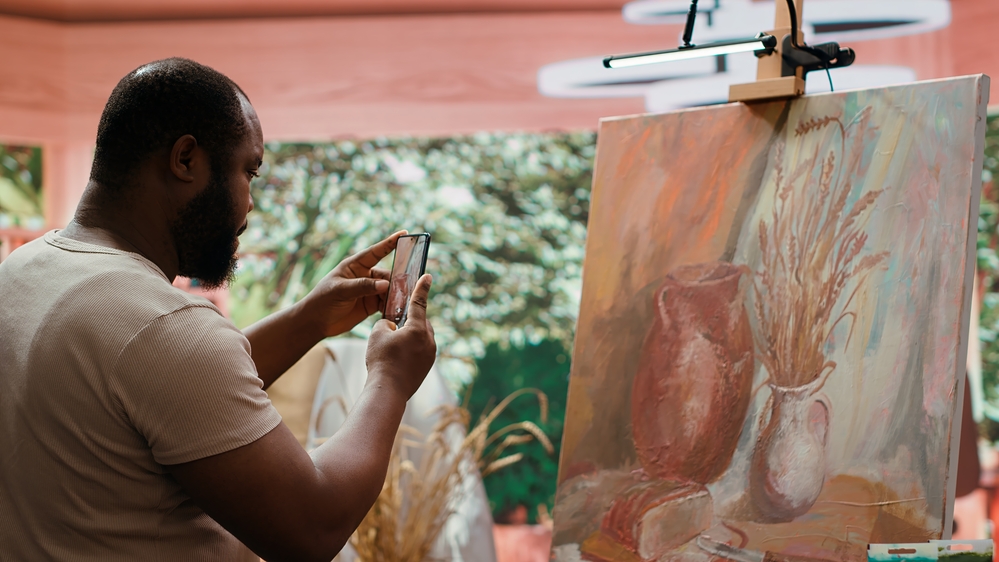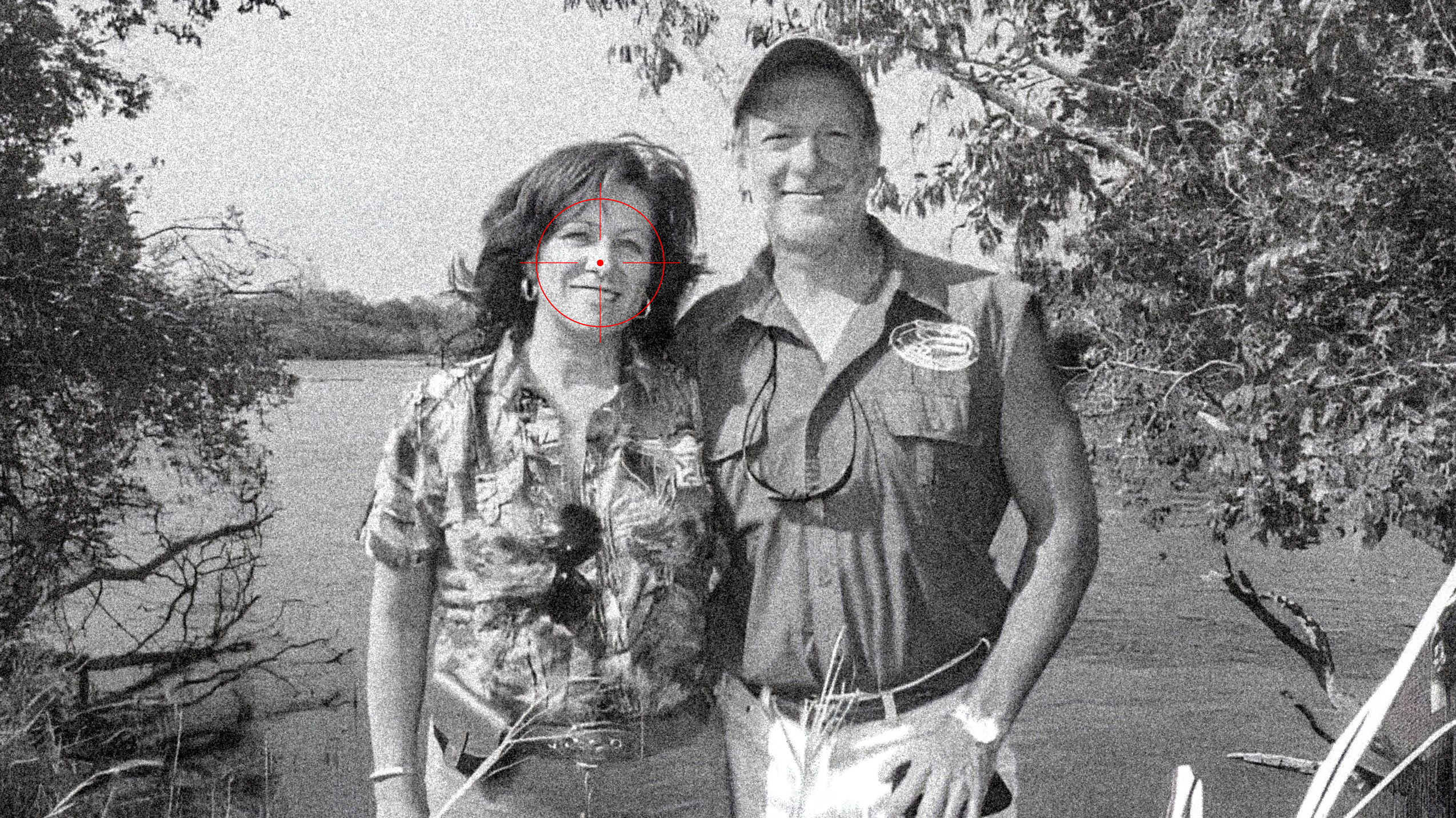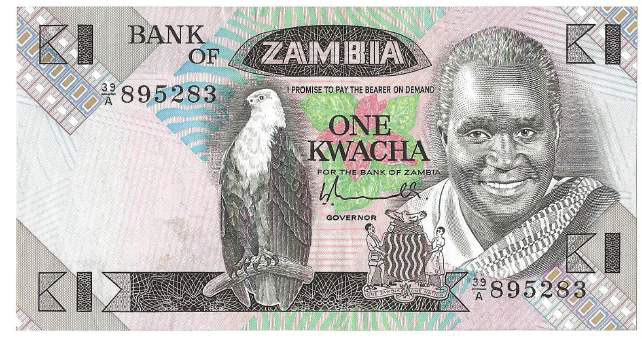Increasing efforts to involve Zambians in conservation work
On an extremely cold Sunday I step off a plane at Durban’s King Shaka International Airport to meet a complete stranger. It’s July and lately meeting strangers in airports isn’t as unusual as it was at the beginning of the year. A few minutes pass and I am now in a shuttle with said stranger watching his face light up as he tells me more about why I am in the city. This former music producer is explaining in great detail his idea to get scientists and filmmakers together to make documentaries. He calls it “NEWF”: Nature, Environment and Wildlife Filmmakers Congress. The man is a natural storyteller and he wants me to share my story with a group of scientists and filmmakers from across the world. He’s asking what it’s like to be a young, black, Zambian female working in conservation, a space that is known to be predominantly “male and pale.” His congress is a platform for African scientists and conservationists to network with filmmakers in order to establish alternative paths for them to promote and create awareness around their fields of study as well as exposing filmmakers to research which could be developed and produced into compelling nature, environment and wildlife content. The days fly by and I learn more than I ever thought I could about documentary filmmaking.

Fast forward to mid-August, I’m back in Lusaka and that stranger, Noel Kok, is now my good friend. Noel’s contagious enthusiasm and humour is lighting up faces at the Mulungushi International Conference Centre as he tells his life story. The story of how a boy from Durban became a music producer, a film producer and then founder of NEWF, which has one primary objective, “to become Africa’s premiere destination for the convergence of nature, environment, wildlife and adventure filmmakers, scientists, conservationists and broadcast media.” These are lofty goals but after spending a week with Noel in Durban I have no doubt he and his wife Pragna will achieve them.
Noel is in Lusaka speaking to a room of students at the first ever Conservation Careers Fair (CCF), organised by Wildlife Crime Prevention (WCP) in partnership with the Department of National Parks and Wildlife (DNPW) and made possible with funding from the Woodtiger Fund and support from Latitude 15. He tells the students about the NEW Pitch, a documentary film competition that will give young Zambians a chance to produce their own nature documentary. Like Noel, WCP has ambitious goals. With this annual event the organisation aims to “create an environment more conducive to participation by young Zambians in conservation.” The logic behind it is simple, young Zambians are the future of conservation in our country and engaging them is vital for the sustainability of the sector. Historically, however, the sector has been perceived to be exclusive, something only certain groups are able to access, and those groups were rarely young, black or Zambian. But the sector is changing, perceptions can change and that’s why the Conservation Careers Fair brings together conservation organisations from across Zambia, demonstrating to young, educated Zambians that conservation is a rewarding and viable career path to take. The fair is a celebration of the best Zambia’s conservation sector has to offer, giving young people the opportunity to interact with the dozens of organisations in the sector, to get jobs, find out what it takes to work in conservation and of course to listen to talks like Noel’s.
The stage hosted a wealth of interesting speakers. Before Noel took the stage the audience was treated to a talk by Thandiwe Mweetwa. Thandiwe is a senior ecologist and education manager with the Zambian Carnivore Programme (ZCP). Her work focuses on studying population dynamics and threats to survival of large carnivores in eastern Zambia. Thandiwe is exactly what young Zambian students should see, a young Zambian female excelling in a field very few would venture into. Thandiwe’s work with lions is at the forefront of conservation work in Zambia and as manager of ZCP’s conservation education program she works to promote interest in environment-based careers among local youths in Mfuwe and surrounding areas. Thandiwe is also a National Geographic Big Cats Initiative grantee and a 2016 National Geographic Emerging Explorer, in short, Thandiwe is cool. She has a bachelor’s degree in Applied Animal Biology from the University of British Columbia and a master’s degree in Natural Resources Conservation from the University of Arizona.
While Thandiwe is impressive she is not unique and students who attend the fair are finding that out each time a speaker steps onto the stage. She is just one of many amazing conservationists in Zambia. There is also Griffin Shanungu. Griffin graduated from the University of Zambia with a degree in Ecology and then went on to obtain a Master’s in Integrated Water Resources Management with a specialisation in Floodplain Ecology. Griffin has been working with the International Crane Foundation since 2013 exploring the interactions between wetland vegetation, threatened wetland birds such as cranes and large mammalian herbivores such as the endemic Kafue lechwe. Later in the day Griffin and several other conservationists give talks about their work in Zambia inspiring audience members to join him in protecting Zambia’s wetlands.

Close to 500 people are in attendance moving from stall to stall and networking. A lot of conservation organisations are field-based, working in remote parts of Zambia, rarely venturing into towns and cities and even more rarely interacting with students on such a large scale. That’s the beauty of the fair; students have the opportunity to meet the faces behind the amazing conservationists who work in this country. Faces such as Chaona Phiri, a self-professed bird-junkie. Chaona is the Programmes Manager at Bird Watch Zambia and is managing nine projects on at least 30 bird species in Zambia with a great team of young enthusiastic upcoming conservation leaders. Chaona has a Master’s of Science in Biodiversity Wildlife and Ecosystem Health from the University of Edinburgh and has extensively studied the ‘one kwacha bird,’ the Zambian barbet. The fact that this bird is endemic to Zambia was a magnet for her, loving to work with lesser-known species.
Then there’s Agness Msutu from WWF Zambia who spoke about her work saving the Luangwa River, while Phil Jeffery talks about his work with Musekese Conservation in Kafue National Park. Is there such a thing as too much inspiration? I might be suffering from that. There is so much to be done.

Over two dozen Zambian conservation organisations were represented. There are government organisations such as the Department of National Parks and Wildlife and The Department of Forestry as well as private sector giants such as African Parks, Community Markets for Conservation (COMACO), The Wildlife Environment and Conservation Society of Zambia and USAID.
The event was a success, not only in that so many students have attended and seen for themselves what jobs are available but also weeks later, Zambians are getting jobs in conservation. For instance, Conservation Lower Zambezi (CLZ) has a new camp manager. This young lady has been employed as a result of a visit to a CLZ stall at the careers fair.
This goes to show that there is interest in conservation work amongst Zambians. In many cases there’s a lack of knowledge on the opportunities available. However, with greater efforts to bridge the knowledge gaps and reach out, more locals can become involved and drive the vital conservation agenda for the future of our country.
For more information see: https://www.wildlifecrimeprevention.com/index.php/conservation-careers-fair








